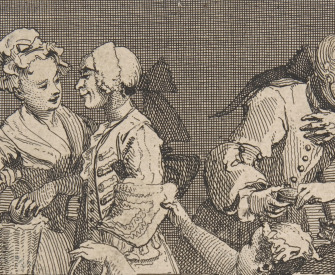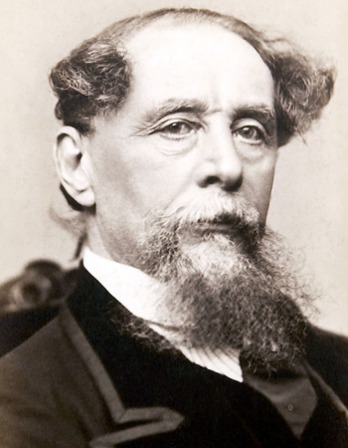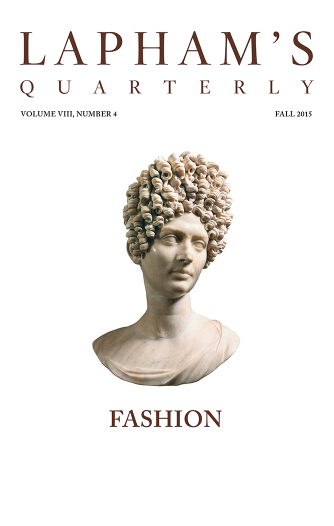To Walt Whitman:
You have lived just the seventy years which are greatest in the world’s history and richest in benefit and advancement to its peoples. These seventy years have done much more to widen the interval between man and the other animals than was accomplished by any five centuries which preceded them.
What great births you have witnessed! The steam press, the steamship, the steel ship, the railroad, the perfected cotton gin, the telegraph, the telephone, the phonograph, the photograph, photogravure, the electrotype, the gaslight, the electric light, the sewing machine, and the amazing, infinitely varied and innumerable products of coal tar, those latest and strangest marvels of a marvelous age. And you have seen even greater births than these, for you have seen the application of anesthesia to surgery practice, whereby the ancient dominion of pain, which began with the first created life, came to an end in this earth forever; you have seen the slave set free, you have seen the monarchy banished from France and reduced in England to a machine which makes an imposing show of diligence and attention to business, but isn’t connected with the works. Yes, you have indeed seen much—but tarry yet a while, for the greatest is yet to come. Wait thirty years, and then look out over the earth! You shall see marvels upon marvels added to these whose nativity you have witnessed; and conspicuous above them you shall see their formidable result—man at almost his full stature at last!—and still growing, visibly growing while you look. In that day, who that hath a throne, or a gilded privilege not attainable by his neighbor, let him procure his slippers and get ready to dance, for there is going to be music. Abide, and see these things! Thirty of us who honor and love you offer the opportunity. We have among us six hundred years, good and sound, left in the bank of life. Take thirty of them—the richest birthday gift ever offered to a poet in this world—and sit down and wait. Wait till you see that great figure appear, and catch the far glint of the sun upon his banner; then you may depart satisfied, as knowing you have seen him for whom the earth was made, and that he will proclaim that human wheat is worth more than human tares, and proceed to organize human values on that basis
From a letter to Walt Whitman. The critic Dwight Macdonald said of this letter, “Instead of congratulating the age on Whitman, it congratulates Whitman on the age.” Whitman once said of Twain, “I have always regarded him as friendly, but not warm: not exactly against me: not for me either.” Twain, who gave the poet money on more than one occasion, once said in a letter, “If I’ve become a Whitmanite I’m sorry—I never read forty lines of him in my life—but I contributed $200 toward building a cottage for the old man to die in.”
Back to Issue




